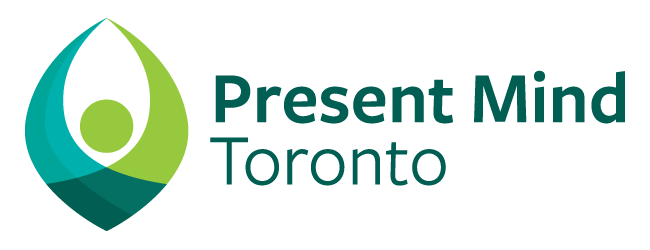
Depression
Major Depressive Disorder (MDD) is a mental health condition characterized by persistent feelings of sadness, hopelessness, and a lack of interest or pleasure in activities that you used to enjoy. It often affects various aspects of life, including mood, thinking, behaviour, and physical health. Symptoms must persist for at least two weeks and significantly interfere with daily functioning.
Common Symptoms of Depression:
Persistent sadness, emptiness, or hopelessness
Loss of interest in activities once enjoyed
Changes in appetite or weight (increase or decrease)
Sleep disturbances (insomnia or oversleeping)
Fatigue or loss of energy
Difficulty concentrating or making decisions
Feelings of worthlessness or excessive guilt
Recurrent thoughts of death or suicidal ideation
How Therapy Can Help:
Therapy is a cornerstone of treatment for depression and can help individuals understand and manage their condition. Common therapeutic approaches include:
Cognitive Behavioural Therapy (CBT):
Focuses on identifying and challenging negative thought patterns that contribute to depression.
Helps develop healthier ways of thinking and coping strategies.
Interpersonal Therapy (IPT):
Addresses relationship issues and social stressors that may contribute to depression.
Helps improve communication and resolve conflicts.
Psychodynamic Therapy:
Explores unconscious patterns and unresolved conflicts that may influence depressive symptoms.
Helps build insight and emotional understanding.
Behavioural Activation:
Encourages engagement in meaningful activities to break the cycle of avoidance and inactivity often associated with depression.
Reinforces positive behaviors that improve mood.
Trauma-Informed Therapy:
Especially useful if past trauma contributes to depression.
Focuses on building safety, trust, and resilience.
Mindfulness-Based Therapies:
Teach skills for staying present and managing overwhelming emotions.
Can reduce rumination and improve emotional regulation.
Additional Benefits of Therapy:
Supportive Environment: A therapist provides a safe, nonjudgmental space to process emotions.
Skill Building: Learn practical tools to manage symptoms, navigate stress, and improve relationships.
Relapse Prevention: Therapy can help identify early warning signs of depression and create strategies to prevent future episodes.
Self-Compassion: Helps build self-acceptance and reduce feelings of shame or guilt often associated with depression.
Therapy is often most effective when combined with other treatments, such as medication, lifestyle changes (exercise, sleep, and nutrition), and social support. It's important to work with a qualified therapist who can tailor treatment to your unique needs and experiences.
